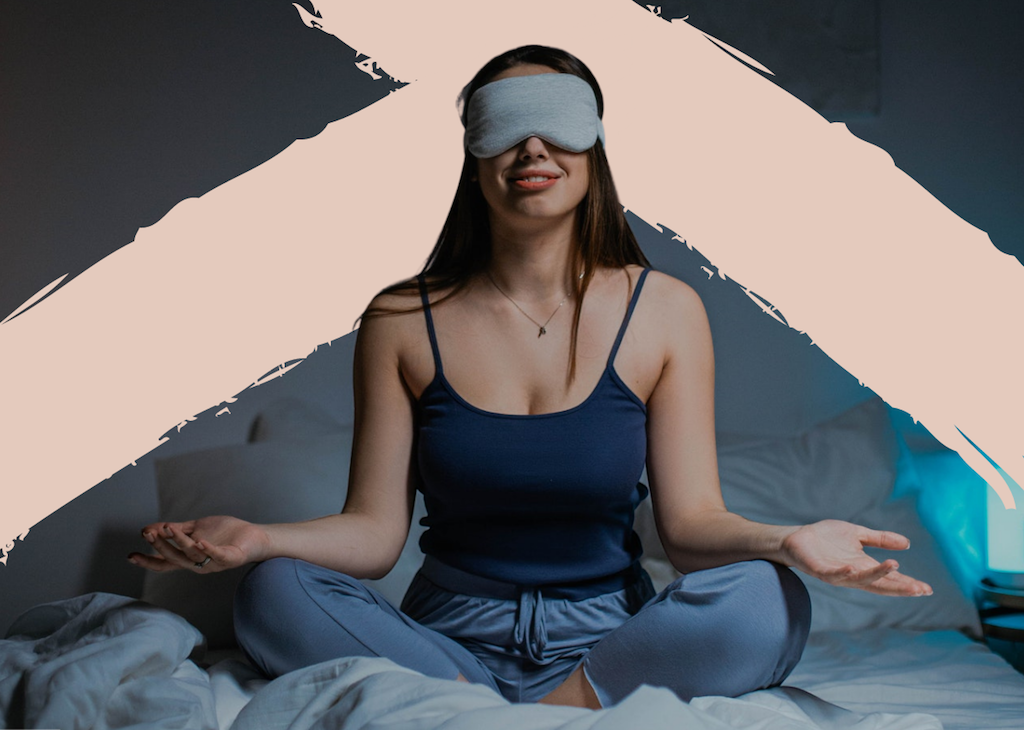To say that the UK is a country of sleep-deprived souls would be something of an understatement. In fact, it was recently reported that more than half of young people have problems sleeping, with a whopping 36% of the UK adult population as a whole struggling with their Zzzeds.
That equates to over 18 million adults, a staggering number which shows just how common sleep problems are.
But with prevalence comes publicity, and fortunately, there are plenty of useful tips out there to help you sleep better. Today, we’re considering the period in the lead up to sleep, rather than the actual night between the sheets, as the former is absolutely essential to the latter being successful. With that in mind, here are 4 pre-bedtime habits that will improve your sleep.
Set A Bedtime That You Will Commit To
One of the biggest mistakes people can make is not having a set bedtime. If you’re the type that goes to bed at different times each night, how can you possibly create a schedule or a habit conducive to sleep? Here’s a clue; you can’t.
Human beings are creatures of habit, and the body’s internal block is an incredible thing, as long as you train and nurture it. By maintaining a regular sleep-wake schedule, your circadian rhythm can do just that; get into its own rhythm.
With consistency and routine, your brain will start to learn precisely when to start making you feel sleepy each night, by producing melatonin, a natural hormone that helps regulate your circadian rhythm and facilitates a natural, easy transition into sleep. And the best way to do this? Go to bed and wake up at the same time each and every day.
Your pre-bed routine should pay particular attention to how you manage light and dark at home, as dark stimulates melatonin’s production and light slows it down. Speaking of which…

Get Rid Of Digital Distractions From The Bedroom
Digital distractions can be a huge deterrence to good quality sleep, and not just because they can overstimulate you in the run up to bed (though we have to admit we’ve stayed up way later than we should waiting for a new episode of Succession or to binge watch Top Boy).
The biggest risk to your sleep in terms of your devices is actually the blue light they emit. This blue light disrupts your brain and body’s ability to prepare for sleep by blocking the sleep-inducing hormone melatonin. Conversely, when it’s dark, your brain starts to release melatonin, which readies your body for sleep.
As the Sleep Foundation so succinctly puts it, ‘’Darkness prompts the pineal gland to start producing melatonin while light causes that production to stop…In doing so, it facilitates a transition to sleep and promotes consistent, quality rest.’’
Accordingly, any electronics that emit bright blue light, like the phone and TV, simply shouldn’t be in your bedroom in the room up to bed. As part of your pre-bed routine, plug your smartphone in somewhere else, turn the television off, and opt for activities that don’t involve a screen at all, such a yoga, meditation or reading.
Read: 5 IDEAL apps to help you get a better night’s sleep

Choose Calming Drinks And Food Before Bed
This is also a good time to look into what you eat and drink before bed, as the stuff that’s swilling around in your stomach (and stimulating your brain) could well be harming the quality of your sleep, too.
Caffeine and alcohol are a particularly bad idea in the evening, as both can wreak havoc on your sleep. Instead, go for a soothing herbal tea (chamomile is particularly well-regarded as having relaxing qualities) or a natural sleep drink that contains l-theanine, which is recognised for its potential calming effects.
Some sleep-positive foods worth trying include bananas, cherries, walnuts, almonds, kiwi, fatty fish (herring, salmon or sardines), cashews, pistachios, oatmeal and yogurt. Again, stay away from any food that is high in sugar in the run up to bed.
Read: How to hack your circadian rhythm with food
Turn Down The Temperature In The Evening
Finding the perfect temperature for sleeping can be a bit of a process but it’s well worth persevering with it. You don’t want the room to be too hot, yet you should not be shivering, either.
Experts suggest the bedroom should be a cool but comfortable 16 to 18°C (60-65°F). If you have a programmable thermostat, regulating your room temperature is a breeze; you can set the evening temperature to be different from the daytime temperature, and carefully manage the ambience in your bedroom.
If not, simply leaving a window slightly ajar in the lead up to bed during the warmer months usually does the job, though you may need an additional fan in summer and a thicker duvet in winter, too.
Read: How to create the IDEAL bedroom environment for sleep
The Bottom Line
It’s time to start treating the quality of your sleep with the respect it deserves. And there’s no better time to start than now. So, what are you waiting for?

